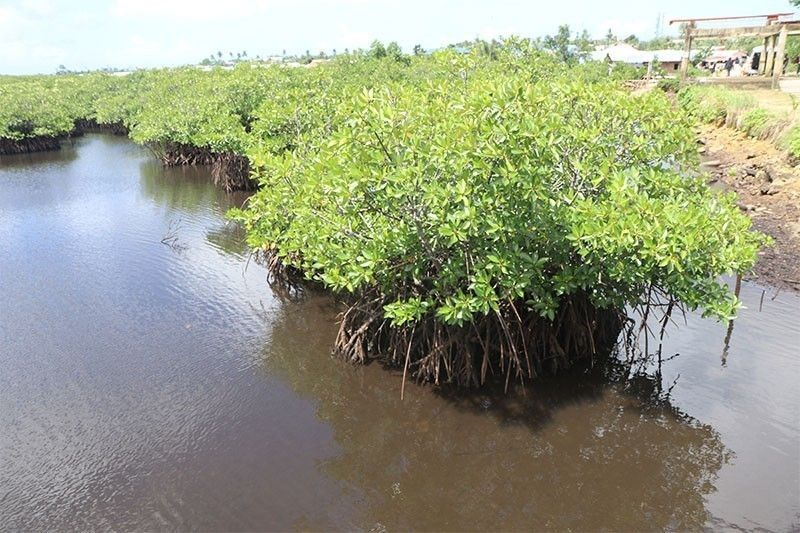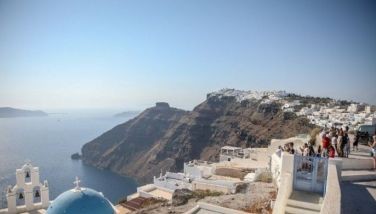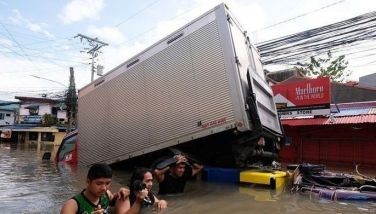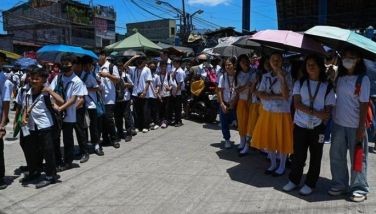Better data, resource valuation needed for Southeast Asian wetlands — ACB

MANILA, Philippines — Investing in data collection and natural resource valuation initiatives is crucial to achieving more effective wetland restoration in Southeast Asia, the ASEAN Centre for Biodiversity (ACB) said.
Wetlands, such as rivers, lakes, peatlands, marshes, mangrove forests, seagrass meadows, mudflats and shallow coral reefs, are considered the "kidneys of the Earth" because of their capacity to purify the soil and provide drinking water to communities.
These ecosystems play a crucial role in the fight against climate change, storing vast amounts of carbon dioxide while also serving as buffers against storm surges, floods and sea level rise.
Despite providing essential services and roles, wetlands are considered the most threatened ecosystem on the planet, according to ACB. Human activities are largely responsible for the rapid loss of the world’s wetlands, with an estimated 35% decline since the 1970s.
ACB stressed that gaps in the implementation of initiatives and activities must be addressed to ensure that Southeast Asia’s nearly two million square kilometers of wetlands are protected and restored.
“First, ASEAN Member States must be able to resolve data deficiencies to support better management of their wetlands,” the inter-governmental organization.
“Furthermore, valuation of natural resources throughout ASEAN must be encouraged to come up with better policy frameworks and evidence-based conservation measures,” it added.
ACB noted that there are 59 Wetlands of International Importance under the Ramsar convention in eight ASEAN member states. The region is also home to 60% of the world’s tropical peatlands and 42% of its mangrove forests.
In the Philippines, there are eight Ramsar sites, including the Las Piñas-Parañaque Critical Habitat and Ecotourism Area and Agusan Marsh Wildlife Sanctuary.
‘Not wastelands’
“People often view wetlands as wastelands or areas that need to be drained or converted for development and other land uses. However, they are nature’s secret wonders because of their ability to provide vital services to sustain life and maintain balance of ecosystems,” ACB said.
Wetlands also serve as vital stopover sites for migratory waterbirds, homes for countless fauna and flora species, and breeding grounds for fish populations.
In a separate statement, Wetlands International Philippines said it is working in the Cagayan de Oro River Basin to reduce the risk of flooding and in the northern coast of Manila Bay and in Macajalar Bay to replant mangroves with local communities using science- and community-based techniques.
“Let us act together to conserve, use sustainably, and restore these ecosystems for our well-being and our children’s future,” said Annadel Cabanban, Wetlands International Philippines country manager.
- Latest























